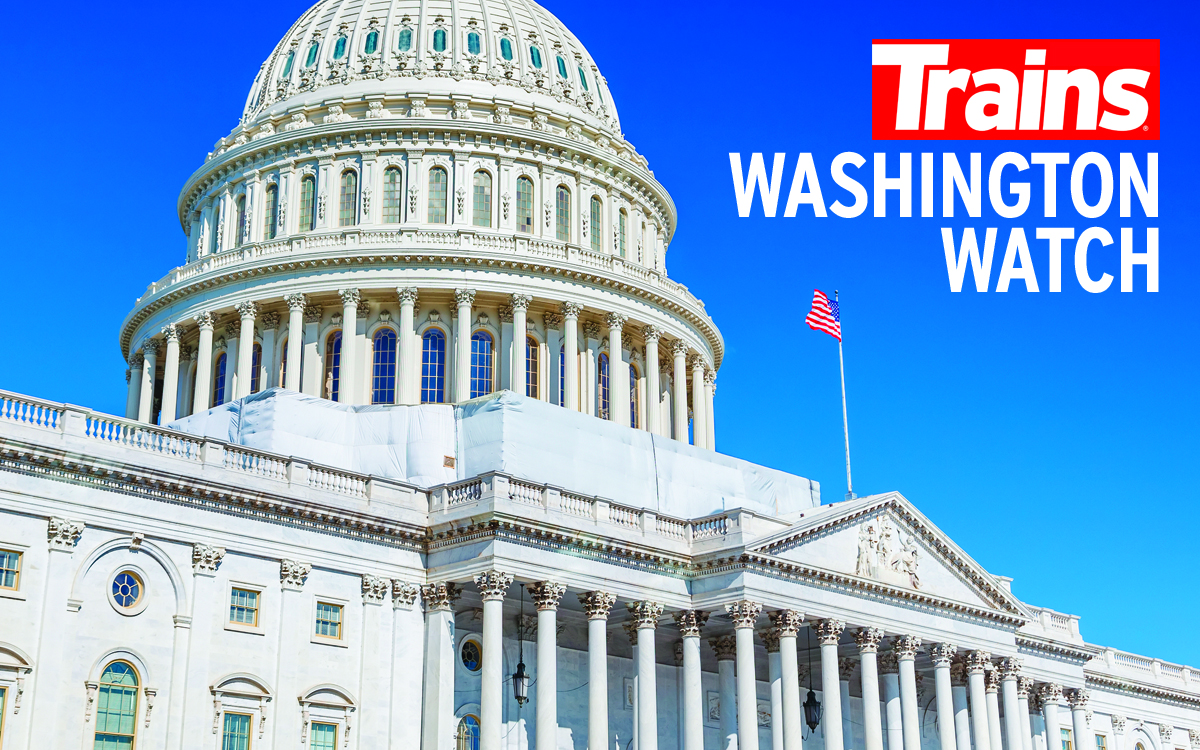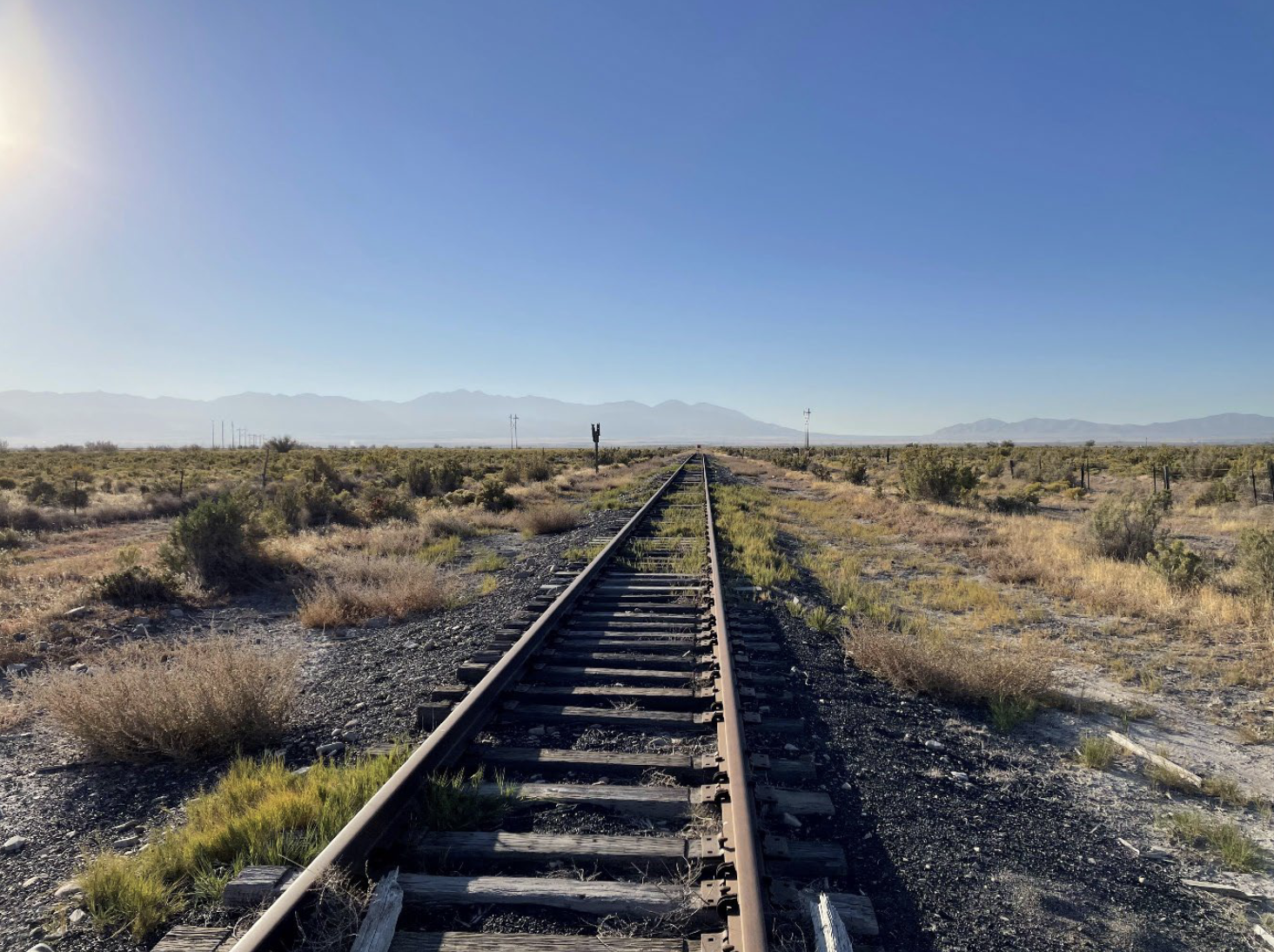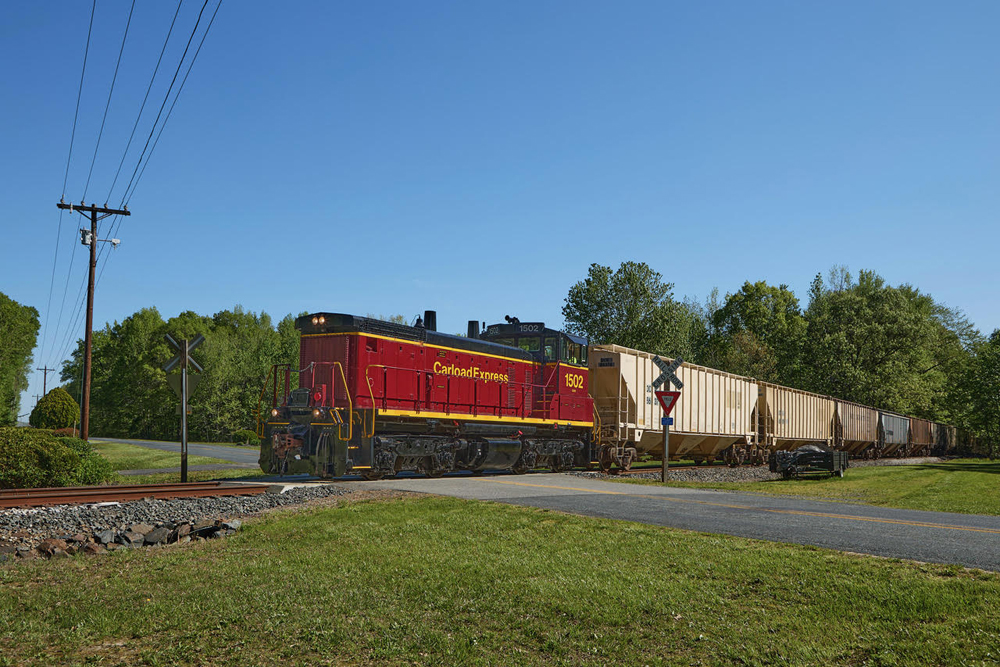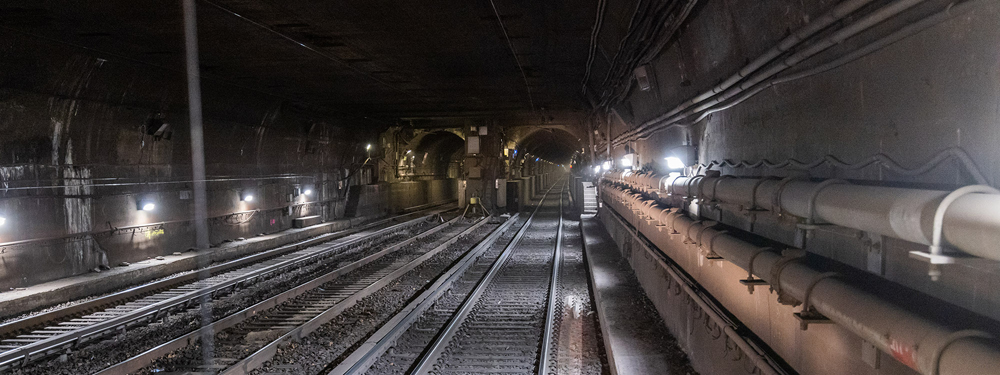Last week, the Trump administration said it would impose $60 billion-worth of tariffs on Chinese goods, including electronic products, shoes, and clothing. The measures are intended to correct a trade imbalance and punish China’s theft of intellectual property.
China responded in kind, but cautiously, saying it would levy tariffs on $3 billion in imports of U.S. goods, including pork, fruit, recycled aluminum, and steel pipe.
U.S. railroads are dependent on international trade. More than a third of the industry’s revenue is directly tied to trade, while more than 40 percent of rail traffic is related to imports or exports, according to the Association of American Railroads.
Some analysts suspect that trade plays an even more significant role in rail traffic.
“I believe that the much-discussed 42 percent of (2016) U.S. rail volumes are tied to trade is a serious underestimation of the threat and opportunity that comes from trade,” says independent rail analyst Anthony B. Hatch of ABH Consulting.
Tariffs on Chinese-made consumer goods may have a negative impact on international intermodal traffic, analyst Larry Gross says. But the bigger worry, he says, is the potential for Chinese retaliation against U.S. agricultural products.
China is the largest importer of American farm products, from soybeans and grain to pork and cotton, according to the U.S. Department of Agriculture. The export of American agricultural products to China grew 219 percent during the past decade and is now worth about $21.4 billion, according to the USDA.
“China will buy from other nations, so that volume will be lost,” Gross says. “We’ll still likely buy from them, so the only difference near-term will be whatever volume is lost due to folks getting priced out of the market.”
Tariffs raise the cost of imported goods, which can then soften consumer demand. They also introduce an element of uncertainty into the global supply chain, which can cause companies to pull back on spending and production.
If the tariff spat becomes a full-blown trade war — something most analysts do not foresee — it could prompt a global recession that would put a serious dent in rail traffic.
Railroad executives support free trade agreements. Union Pacific CEO Lance Fritz and Kansas City Southern CEO Pat Ottensmeyer have both been outspoken advocates for free trade, while emphasizing the need to modernize the North American Free Trade Agreement and other trade deals.
“While agreements can always be improved and must put domestic workers first, lawmakers should not promote policies that would unwittingly roll back U.S. participation in international trade,” the AAR says.















Who loses in trade wars? The consumer, of course, We live in a global economy, and we should except this.
Politics aside, of course UP and KCS are all for free trade as they do have a horse in the race.
Not all imports come from China. There are other developing nations ready to step in for whatever drop off may occur.